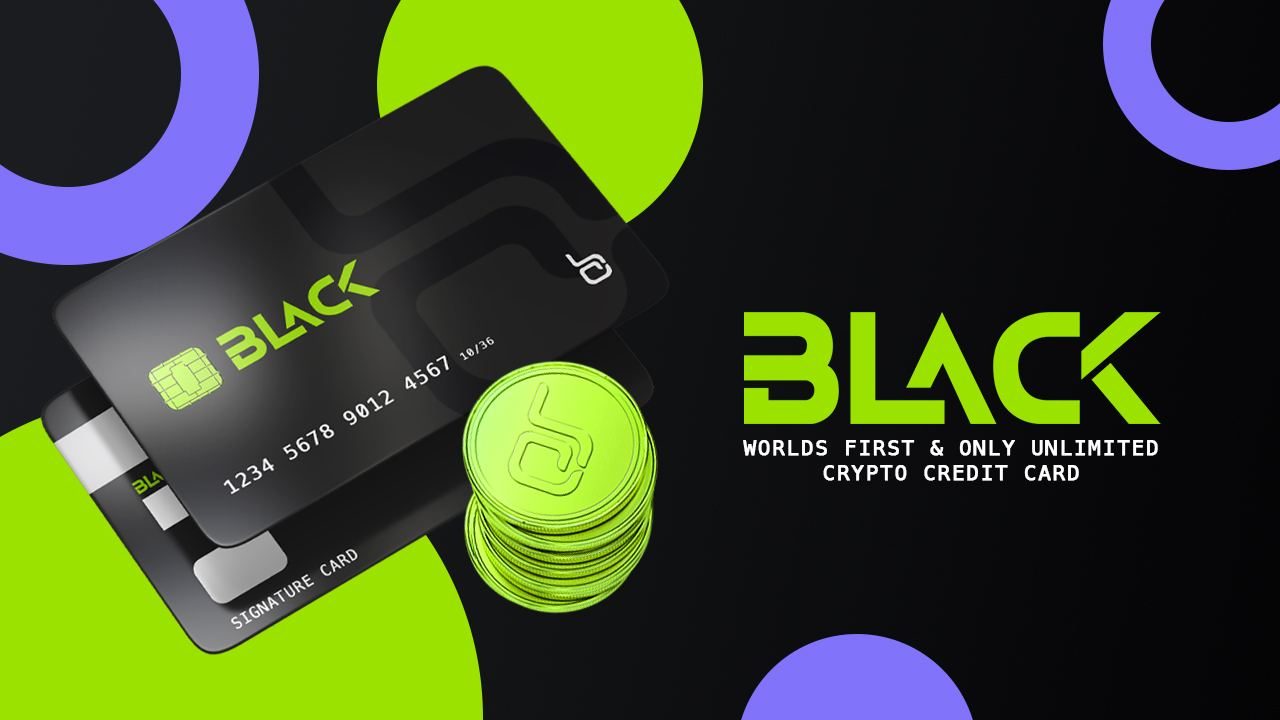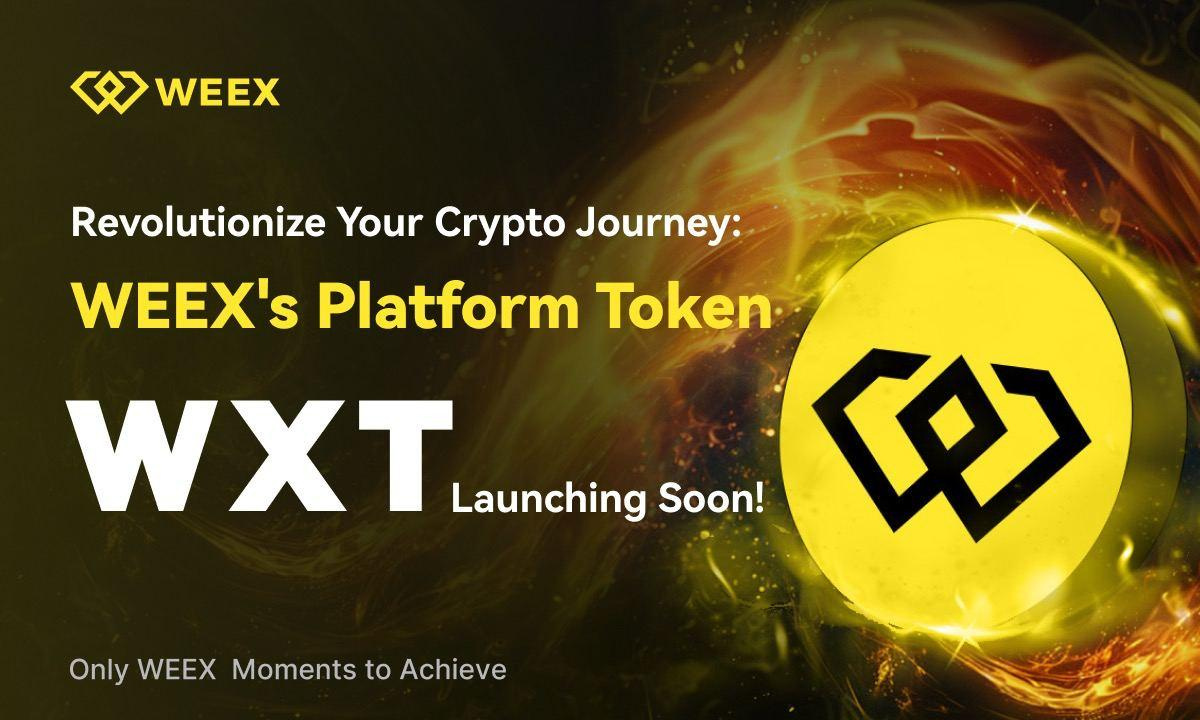After their love for gold, Indians began to rush to cryptocurrency
Indian crypto enthusiasts argue that Bitcoin is the digital equivalent of gold and that it is helping transitions win among the world’s largest owners of the precious metal.
So it’s not surprising that Indians flock to crypto after their love of gold

After their love for gold, Indians began to rush to cryptocurrency
In India, where households own more than 25,000 tons of gold, crypto investments rose from around $ 200 million to nearly $ 40 billion last year, according to Chainalysis. This is in spite of open hostility towards the asset class on the part of the central bank and a proposed trade ban.
Richi Sood, a 32-year-old entrepreneur, is one of those who switched from gold to crypto. Since December, she has invested just over 1 million rupees ($ 13,400) – some of which were borrowed from her father – in Bitcoin, Dogecoin, and Ether.
And she was lucky with her timing. She partially earned her position when Bitcoin topped $ 50,000 in February and bought back after the recent decline, which allowed her to fund the education startup’s overseas expansion.
“I’d rather invest my money in crypto than gold,” said Sood. “Cryptocurrencies are more transparent than gold or assets and more profitable in a short time.”
She is part of a growing number of Indians who are switching from gold to crypto to invest – over 15 million buying and selling digital currencies in total. That catches up with the 23 million people trading these assets in the US compared to just 2.3 million in the UK.
After their love for gold, Indians started rushing to cryptocurrency – why?
This development in India comes from the 18-35 age group, said the co-founder of India’s first cryptocurrency exchange. The latest data from the World Gold Council shows that Indians under 34 are less interested in gold than older consumers.
“They find it easier to invest in crypto than gold because the process is so simple,” said Sandeep Goenka, co-founder of ZebPay and has represented the industry in discussions with the government about regulation for years. “You go online, you can buy crypto, you don’t have to verify it, unlike gold.”
One of the biggest barriers preventing wider adoption is regulatory uncertainty. Last year, the Supreme Court overturned a 2018 ordinance that banned cryptocurrency trading by banking institutions, which led to an increase in trading.
However, the authorities are showing no signs of accepting cryptocurrencies. The country’s central bank said it was “very interested” in the asset class, and six months ago the Indian government proposed a ban on digital forex trading – although it has been silent on the issue since then.
Sood said, “I’m flying blind. “I like to take risks so I am willing to take risks if I get banned.”
However, official hostility has made many larger individual investors reluctant to speak openly about their holdings. A Bloomberg banker who spoke to someone who has invested more than $ 1 million in crypto assets said that since there is currently no clear regulation of income tax, he was concerned about the potential for margin taxes if he did goes public as a major crypto investor.
He already has contingency plans to move his transactions to an offshore Singapore bank account in case the ban is put in place.
Of course, India’s holdings of digital assets still make up a small portion of the country’s gold market. The growth is evident, however, especially in trading – the four largest crypto exchanges saw daily trading from $ 10.6 million to $ 102 million per year. The country’s $ 40 billion market significantly exceeds $ 161 billion, according to Chainalysis.
For now, the growing adoption is another sign that Indians are willing to take risks in the battered consumer finance sector, with examples of regulatory bottlenecks.
I think over time people will adopt it in every country, ”said Keneth Alvares, 22, an independent digital marketer who has invested over $ 1,300 in crypto to date. “Right now, regulation is scary, but I’m not worried because I don’t have any plans to remove anything right now.”
Join our Facebook group and Telegram group Coincu News to chat with more than 10,000 other people and exchange information about the crypto currency market.
Important NOTE: All content on the website is for informational purposes only and does not constitute investment advice. Your money, the choice is yours.



















